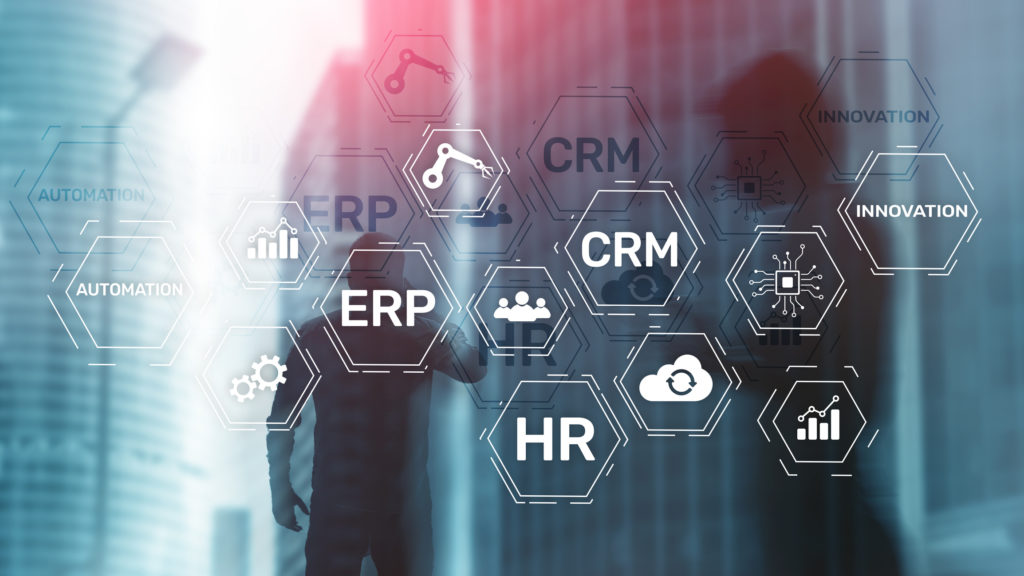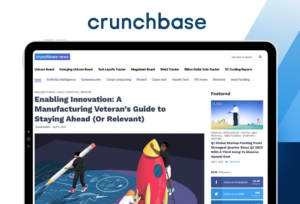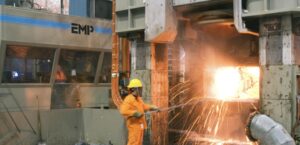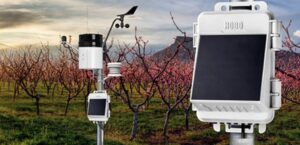What are the Types of ERP Systems?

Imagine operating your business in a world where you can automate, integrate, and house all of your business’s functions and information in one centralized area. Your organization could then collect, manage, interpret, and share data and information across various departments in real-time. Great news! This world can be yours when you implement an ERP system. But, it takes the right one to transform your business. Many ERP systems and modules exist; it’s essential to know what your needs are when you are looking to implement an ERP system.
ERP systems can be general or industry-specific, and there are ERP systems specifically designed for businesses of all sizes. At Decision Resources, we have 40 years’ worth of experience in implementing ERP systems, and we’re ready to help you find the right type of ERP system and features for your needs.
Let’s take a look at the types of ERP systems and what they do. If you don’t see what you need, don’t worry — ERP systems are flexible and modular, so we can partner with you to find the right solution.
General ERP Systems
If you are working with an older, well-established ERP vendor or a Cloud-based provider, you have the opportunity to access a generalist ERP platform that you can then customize to your needs.
These ERP systems are not tailor-made for one industry or one purpose; instead, they are calibrated for highly specific applications. They are an excellent starting point for both niche businesses and those that can work well with a more generalized approach.
Industry-Specific ERP Systems
Otherwise known as vertical ERPs, industry-specific ERP platforms are usually smaller, perhaps more expensive, but tailored to a niche industry—like retail or construction. These are either built from scratch as a custom solution to a specific business or are generalized for the industry.
ERP Systems for Small Businesses
A small business is obviously not operating on the same scale or with the same needs as a multinational corporation. That means an ERP system designed for a small business is going to be more affordable and more effective for a smaller-scale organization.
These ERP systems often have fewer features, cutting away the modules that aren’t usually required for smaller companies, making them more affordable as a result.
These systems only support a few users and a smaller amount of data, but if you can manage with a lightweight system, it can save your business money and improve operations.
ERP Modules
Each ERP system comes with built-in modules, and additional modules are available to add on. Depending on your vendor, these types of systems include:
- Supply chain management
- Manufacturing
- Project management
- Financial management
- Human resources
- Customer relationship management
- Document control
- Human resources features, such as payroll and an employee database
- And more!
There are many options for ERP software, whether your company is large or small, whether you need industry-specific solutions or a more generalized approach. With our help and our ERP experts standing by, getting started with a suitable ERP system is just a phone call or email away. Call Decision Resources at 412-562-9660, email info@decision.com, or visit Decision.com.
Similar Blogs

Decision Resources Featured on Crunchbase

Chips, drugs, and steel — how to prepare for Trump tariffs





